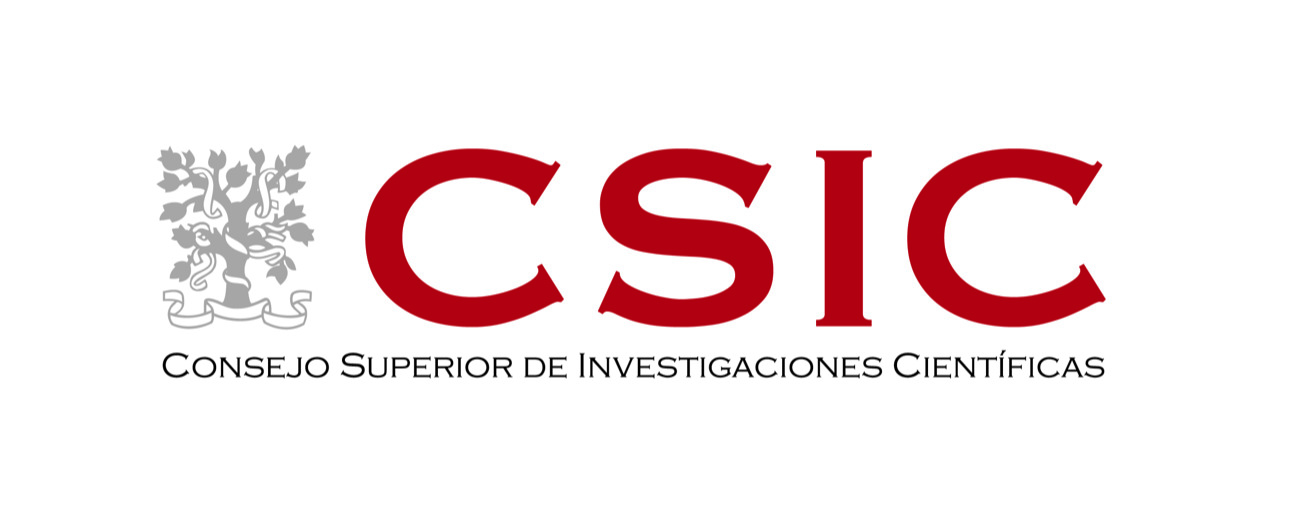CSIC, the Spanish National Research Council is participating in the project through four different research institutes:
- ICM: The Institut de Ciències del Mar (ICM) is the fourth largest research institute of the Spanish National Research Council (CSIC) and the largest dedicated to marine research. Under the motto “Ocean Science for a Healthy Planet,” the ICM conducts frontier research and foster both knowledge and technology transfer on topics related to ocean and climate interactions, conservation and sustainable use of marine life and ecosystems, and impact mitigation of natural and anthropogenic hazards. The research group “Ocean and Littoral Sedimentary Processes” performs multidisciplinary investigations on the dynamics of current and recent marine sedimentary systems using observational and modelling techniques. The group addresses the causes and effects of natural sedimentary processes and anthropic actions on the marine ecosystem, implications for the management of the environment and natural resources and the consequences for society.
- IMEDEA: The Mediterranean Institute for Advanced Studies (IMEDEA), recently awarded with a María de Maeztu Excellence Unit, is one of the 5 institutes where marine investigation is conducted. The Global Change Research Group (GICG) at IMEDEA aims at understanding the effects of Global Change on the Biosphere, including the role of marine and terrestrial ecosystems to alleviate global and local change impacts, and inform the societal responses to address this problem.
- CEAB: The Blanes Center for Advanced Studies (CEAB) is a research institute belonging to the Higher Council of Scientific Investigations (CSIC) that focuses its research on the fields of ecology and organism biology, both in marine and continental waters ecosystems. The research carried out at the CEAB has as general objetives the identification of the diversity of organisms and the understanding of their functions and interactions in nature, as well as the application of this knowledge to the rational use and management of our planet’s resources. The research group “Benthic ecosystem functioning” works mainly on shallow rocky bottoms and aims to understand the patterns and processes underlying the structure and functioning of the marine benthos at different temporal and spatial scales. The group combines descriptive field ecology and natural history with experimental and modelling approaches in order to understand functional drivers of species, communities and ecosystems. We also work to determine how benthic ecosystems may be influenced by anthropogenic alterations.
- IFISC: IFISC (Institute for Cross-Disciplinary Physics and Complex Systems) is a joint research institute of the University of the Balearic Islands (UIB) and the Spanish National Research Council (CSIC) created in 2007. Its mission is to develop Cross-Disciplinary and Strategic Research in complex systems following the established scientific approach of physicists. IFISC received in 2018 the “Unit of Excellence” María de Maeztu Award from the Spanish Research Agency (AEI) becoming a member of the SOMMa alliance, which brings together the cutting-edge research centres and units in Spain.
The team participating in the Ocean Citizen project focuses their research on the ecological level, where they consider models for spatial patterning in seagrass meadows and coral growth.
